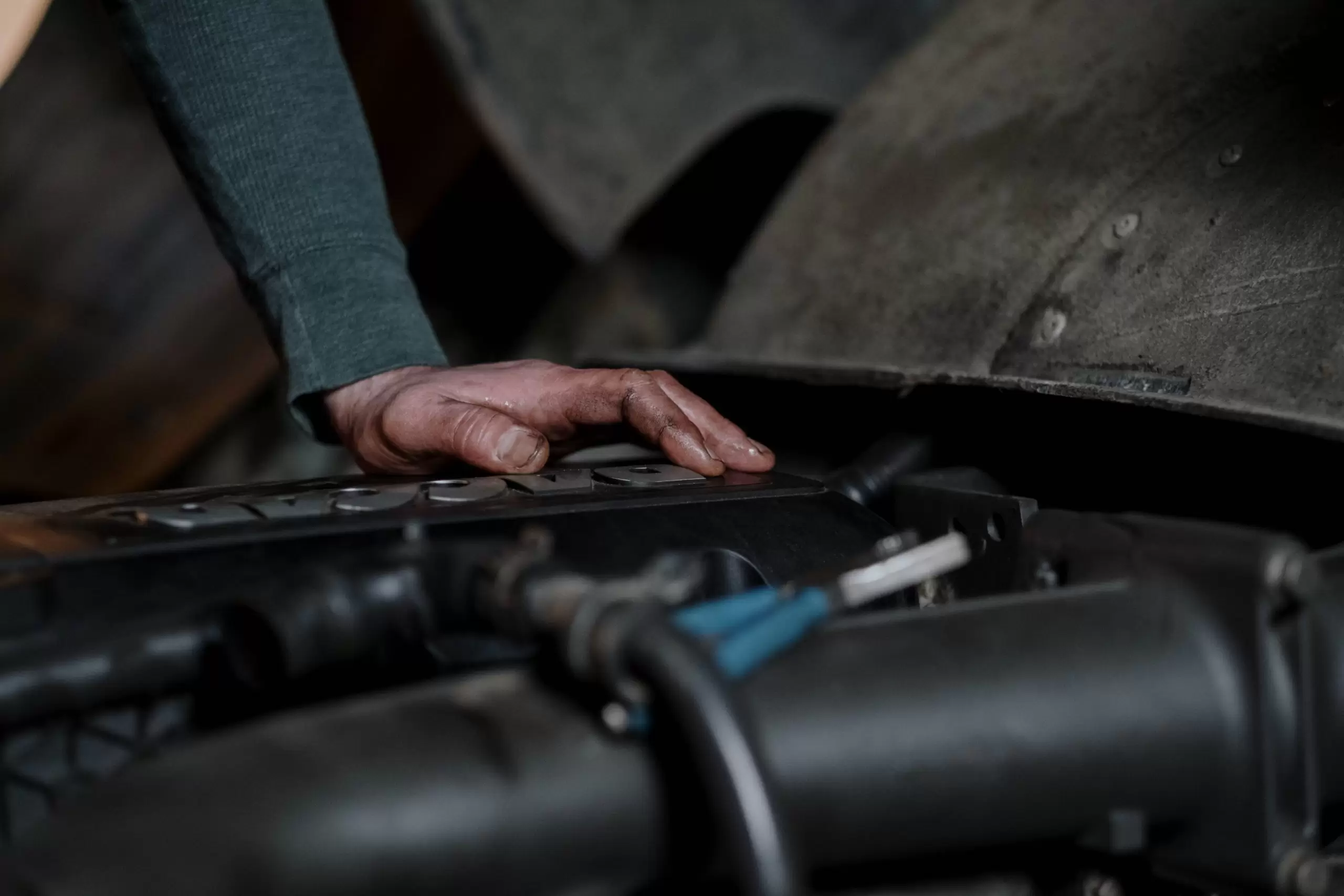One of the engine oil’s numerous primary features is to lubricate the engine, supplying a micro-thin oil film, working as a barrier in between the many interior moving parts to minimize friction, heat build-up, and of course, wear and tear. It also acts as a cooling agent, carrying away heat produced from the friction to the oil sump. The engine oil helps avoid contamination and deposit build-up by leading away particles and dust from the critical areas within an engine to the oil filter where they will be trapped.
Here are the top things to consider when choosing engine oil.
- Car series and manufacturer
To start with, you must consider the make and model of your car. Today’s high-performance engines are developed for high effectiveness. If you review your car manual, you will familiarize yourself with the right kind of oil recommended by the manufacturer.
- Driving Environment
You need to consider your driving environment when choosing. For example, you may have a hot or cold climate. Similarly, road conditions may vary.
- Types of Oil
After you have considered the make and model of your car engine, you can go for either mineral or synthetic oil. Each kind type has its own set of benefits. Most people always recommend Shell Engine Oil because of the best advantages it has. It can help to avoid engine leaks.
- Viscosity Grade
If you compare various products, you will find different codes and letters written on the labels. These numbers tell you about the viscosity grade and the resistance of the flow.
- Oil Standards
If you review the label you will find acronyms such as ILSAC, ACEA, and API. These acronyms inform you that the product can meet the requirements established by appropriate authorities.
In case, your engine oil leaks out and causes stains on your garage floor, it can be irritating. Before you think about taking the car to an auto shop maybe you should have a quick look anyway to see what is happening?
- You can determine exactly where engine oil leaks are coming from rather easily by placing a sheet of cardboard or an old newspaper below the vehicle. If you keep the car outside, you may have to put a couple of stones or bricks in there to make sure that the paper doesn’t blow away.
- In the early morning, try to find telltale spots on the newspaper that you put there overnight. You will be able to see where oil is leaking from and might be able to identify whether it is dripping down from one more place above. If you suspect that this is the case, open the hood or go beneath and shine a torch or flashlight.
- Now and then, repairing engine oil leaks can be as simple as bold tightening, or discovering whether you leak one of the lines.
- In your car parts store, you will be able to get one of those products that helps you to secure leaks from the inside out.
To ensure that engine oil leaks do not cause considerable damage to the floor you should at the very least get one of those purpose-made absorbent mats to catch whatever falls from above.







